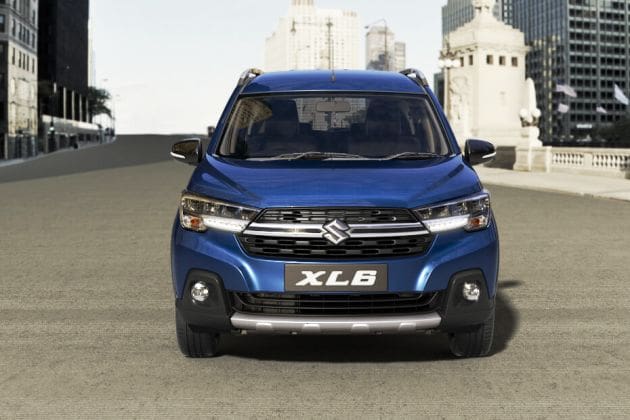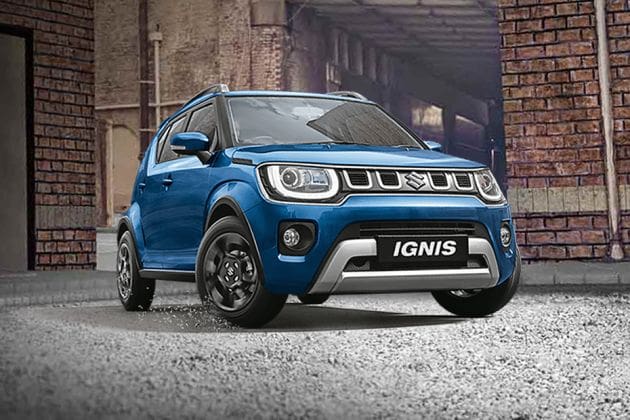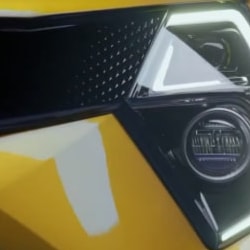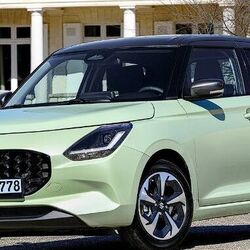Hybrids or EV?: A major dilemma amongst global automotive players
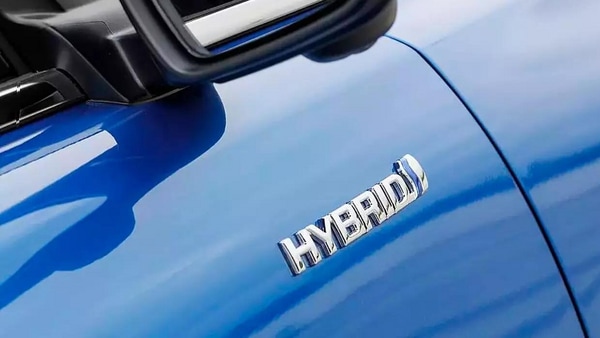

The global automotive landscape is undergoing a seismic shift, driven by a confluence of factors including climate change and governmental pressures. This has led many to believe that electric vehicles (EVs) are the true future of mobility. In response, global automakers have been investing heavily in the development of their electric vehicle platforms.
Despite these efforts, the pace of EV sales is expected to slow down in 2024. A report by Canalys forecasts that the growth rate in the global electric-vehicle market will decrease to 27.1 per cent this year. One of the key reasons cited for this slowdown is a reduction in state subsidies, which has made EVs less financially appealing to potential buyers. In contrast, in 2023, government incentives played a significant role in driving the adoption of EVs, resulting in an estimated growth rate of 29 per cent with 13.7 million units sold.
Also check these Cars
As the growth of all-electric vehicles falls short of expectations, major automakers are adjusting their strategies to meet their customers halfway. There is a growing trend towards reconsidering the viability of hybrid cars to satisfy consumer demand and avoid costly penalties related to federal fuel economy and emissions standards.
Also Read : Ferrari to launch three cars in 2024, new hypercar may get a plug-in hybrid tech
This shift in strategy is somewhat counterintuitive to the industry's recent focus on promoting all-electric vehicles. Despite investing billions of dollars in EV technology, many automakers are recognising the potential of hybrid vehicles to lower fuel consumption and emissions in the short term, while also serving as a stepping stone towards full vehicle electrification.
Hybrid vehicles, which combine traditional internal combustion engines with EV battery technologies, offer a middle ground for consumers and automakers alike. They provide the environmental benefits of electric vehicles while maintaining the convenience and familiarity of traditional gasoline-powered cars.
Automakers choosing the hybrid route
Recently, Jaguar Land Rover (JLR) has announced a strategic shift in focus from solely battery electric vehicles (BEVs) to plug-in hybrids (PHEVs). Initially planning to introduce six BEVs by 2026, the company has now revised its strategy to launch only four, citing unexpected demand for their plug-in hybrid vehicles. Sales of JLR's PHEV models surged by an impressive 68 per cent to 45,224 units in Europe in 2023, while the growth in EVs has slowed down, prompting this shift in strategy.
Also Read : Hybrids vs EVs: where should government put its money
On the Indian shores, Toyota Kirloskar Motors in India has appealed to the government for a substantial reduction in taxes on hybrid vehicles. Requesting a 21 per cent tax cut, the automaker argues that hybrids emit significantly less pollution than gasoline vehicles and should thus receive legislative incentives.
Also Read : JLR commits to reducing vehicle emissions by 54% across value chain by 2030
Maruti Suzuki, the leading automaker in India, shares a similar sentiment, advocating for incentives for hybrid vehicles over BEVs. According to Maruti Suzuki officials, BEVs, despite having zero tailpipe emissions, are more carbon-intensive due to their reliance on power from coal-powered thermal plants. As a matter of fact, Shashank Srivastava, Senior Executive Officer, Marketing and Sales at MSIL, has previously stated that hybrid vehicles will account for approximately 25 per cent of total Maruti sales in the domestic Indian market by FY31.
This shift in focus towards hybrids is further supported by a recent study conducted by experts from IIT Kanpur. The study compared the life cycle emissions (LCA) of hybrid electric vehicles (HEVs) and BEVs and concluded that HEVs powered by e-fuels are more ecologically beneficial. This finding positions HEVs as a viable option for sustainable transportation in India.
The rise of hybrid vehicles signals a potential turning point. With major automakers like JLR and Toyota adjusting their strategies to meet the evolving market dynamics, the future of mobility is shaping up to be a diverse landscape, where hybrid vehicles play a significant role in driving sustainability and innovation.
Why this shift?
As the automotive industry navigates the transition towards electric vehicles (EVs), a surprising resurgence of interest in hybrid vehicles is challenging the prevailing narrative. While automakers have made substantial investments in EV technology, recent developments suggest a shift in ideology towards hybrids.
One of the key reasons for this shift is the potential cost savings and the ability of hybrids to address common concerns associated with EVs, such as range anxiety and lack of charging infrastructure. According to Edmunds, the average cost of a hybrid is $42,381, significantly lower than the average cost of an EV ($59,400) or a plug-in hybrid (PHEV) ($60,700) and even a traditional ICE (internal combustion engine) vehicle ($44,800). This cost differential could result in substantial savings for automakers, making hybrids an attractive alternative.
Toyota, the world's largest automaker and a pioneer in traditional hybrids with models like the Prius, has been particularly impacted by this shift. The company has faced criticism from environmental groups for its strategy of focusing on a mix of hybrids, PHEVs, and EVs, which some view as a lack of commitment to an all-electric future. However, Toyota argues that it is meeting consumer needs and planning for a gradual global adoption of EVs, taking into account the varying pace of adoption in different markets.
Furthermore, Toyota contends that the environmental impact of producing EVs compared to hybrid electrified vehicles must be considered. The company claims that it can produce eight 40-mile plug-in hybrids for every one 320-mile battery electric vehicle, resulting in up to eight times less carbon emitted into the atmosphere.
Toyota Chairman and former CEO Akio Toyoda while addressing criticisms of the company's slower approach to EVs stated that people are finally seeing reality. This shift towards hybrids represents a pragmatic approach by automakers to balance sustainability goals with market realities, highlighting the complexities of the automotive industry's transition towards electrification.
The automotive industry is at a critical juncture where it must balance the push towards full electrification with the practical realities of consumer demand and regulatory requirements. As the industry continues to evolve, the role of hybrid vehicles is likely to become increasingly important in shaping the future of mobility.








 998 cc
998 cc Petrol
Petrol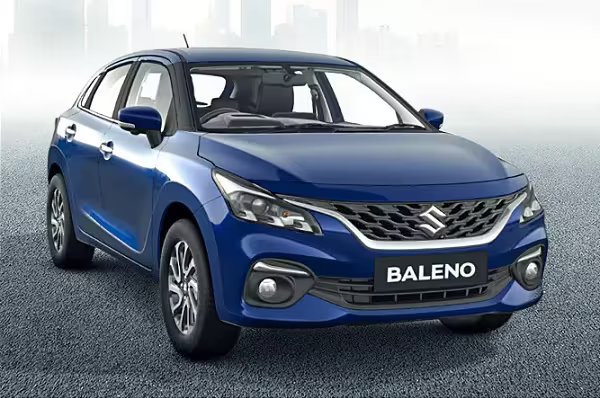
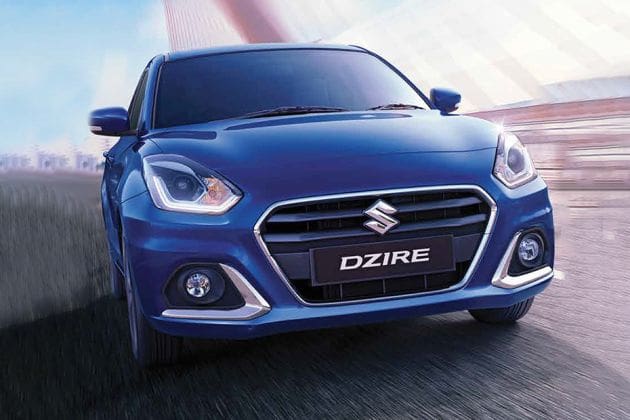
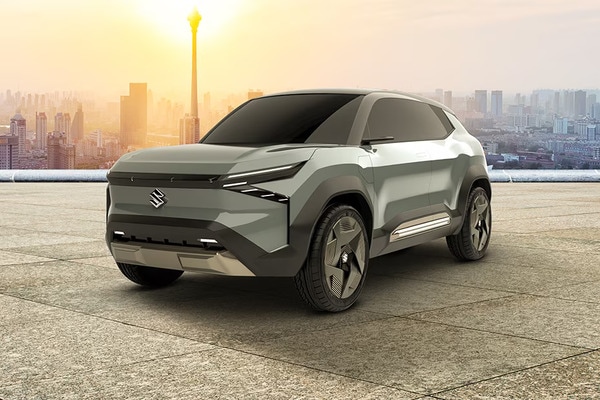
 60 kWh
60 kWh 550 Km
550 Km